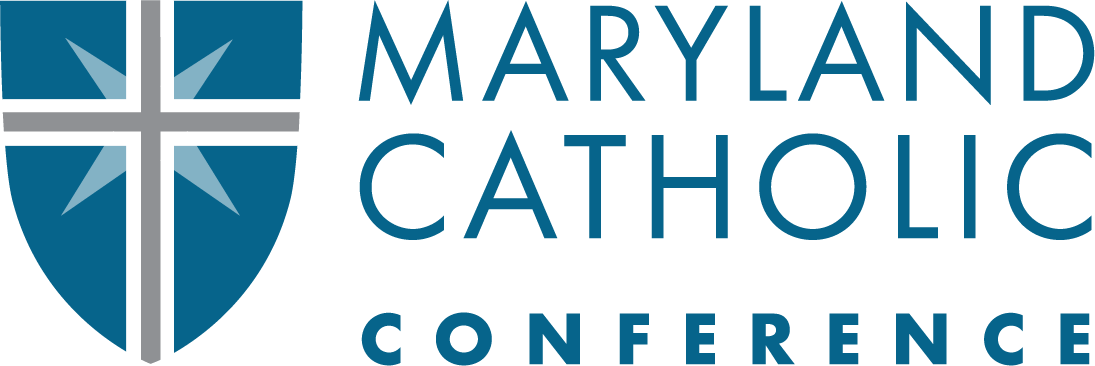Favorable
Committee: Ways & Means
HB0781
The Maryland Catholic Conference (MCC) is the public policy representative of the three (arch)dioceses serving Maryland, which together encompass over one million Marylanders. Statewide, their parishes, schools, hospitals, and numerous charities combine to form our state’s second largest social service provider network, behind only our state government.
House Bill 781 requires the State Board of Elections to establish guidelines for the local boards of election to implement a process to accommodate and expedite voting for elderly voters and voters with disabilities at each early voting center and polling place; requiring the local boards to implement the guidelines and collect feedback on the process from elderly voters and voters with disabilities and make immediate adjustments to the process.
This bill aims to ensure equitable voting opportunities for individuals who face challenges due to disabilities or advanced age. Elderly voters and those with disabilities, such as visual or auditory impairments, often require additional support during the voting process. Without proper accommodations, these individuals may encounter significant barriers that discourage or even prevent them from participating in elections.
For example, voting alongside the general public during busy election periods can be overwhelming and stressful for those who need in-person assistance. Long wait times and crowded environments can create unnecessary complexity for individuals requiring help with navigation, communication, or accessing voting equipment. If adequate assistance is unavailable, it increases the likelihood that elderly or disabled voters may be unable to cast their ballots. Additionally, the physical accessibility of polling locations is a critical factor. In some geographic areas, polling places may lack sufficient parking accommodations or may include hazardous areas that are particularly challenging for elderly voters or those with mobility issues. Collecting feedback from voters and volunteers can help identify and address these gaps, ensuring that polling locations are safe, accessible, and welcoming to all.
Equally important is providing comprehensive training for election volunteers on the requirements of the Americans with Disabilities Act (ADA) and other best practices for accommodating voters with disabilities. (1) Well-trained volunteers can better safeguard the voting experience for elderly and disabled individuals, ensuring they can exercise their fundamental right to vote without unnecessary obstacles. By implementing clear guidelines and proactive measures, this legislation would create a more inclusive and accessible voting process, empowering elderly and disabled voters to fully participate in both local and national elections. This is a vital step in promoting equity and upholding the democratic values of our society.
For these reasons, the Maryland Catholic Conference asks for a favorable report on HB 781. Thank you for your consideration.
___
(1) https://www.ada.gov/topics/voting/
